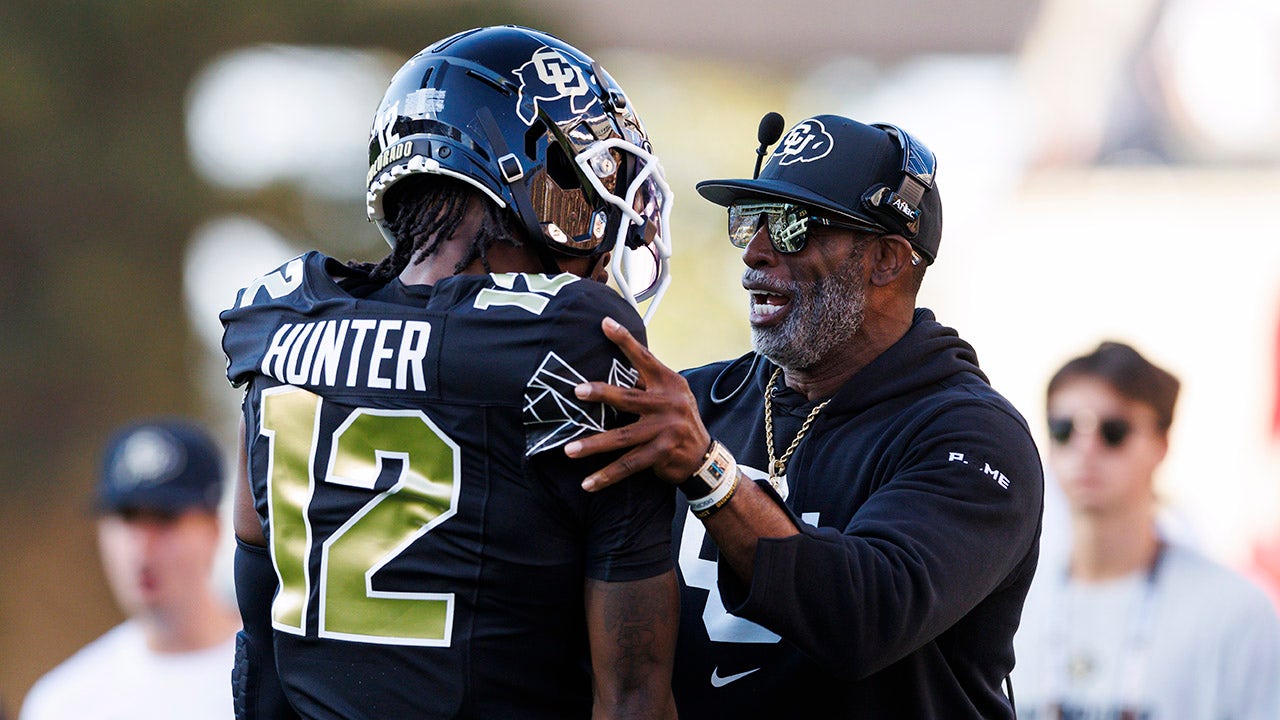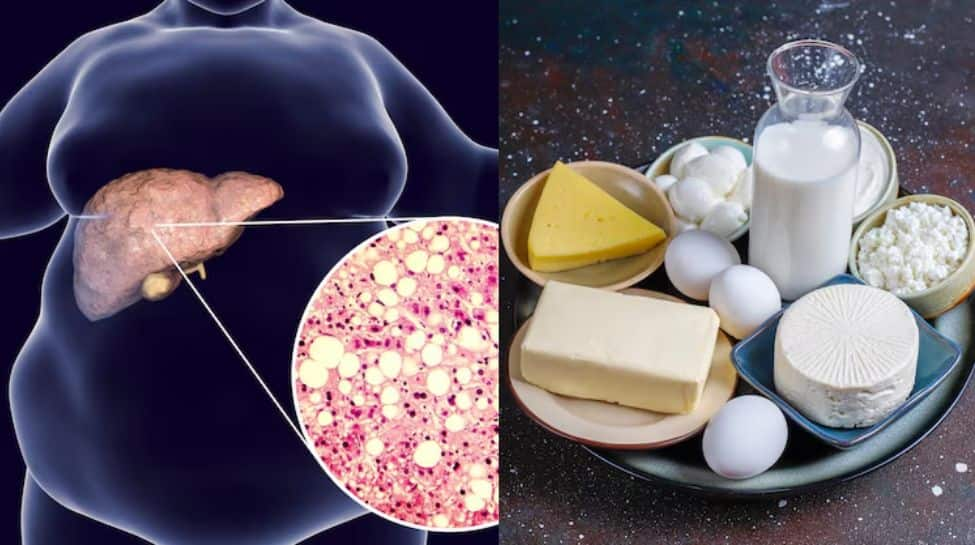Becky G knows better than to keep returning, like a boomerang, to a liar who doesn’t love her — but she can’t resist. And the ingenious, rhythm-forward production of “Boomerang” makes her obsession sound like a village-wide celebration, with the plink of a thumb piano, flamenco-like handclaps, a thudding reggaeton bass line and a rowdy backup chorus that cheerfully supports her misplaced affections.
In “Fire Excape,” Zsela croons what turns out to be a love song — but only eventually, after she notes, “There’s a fire in the ocean when the oil starts spilling.” The song takes shape over a lurching, stop-stop beat, with some gaping silences, odd harmonic turns and sudden electronic surges, but amid the asymmetries Zsela proffers some husky reassurance: “We’ll get along quite fine, thank you.”
Willow, ‘Symptom of Life’
Willow Smith ponders self-knowledge, reinvention, mortality and beauty in “Symptom of Life”: “Looking into the shadow/now I notice the light,” she sings. “Magic is real when you see it inside.” It’s a meter-shifting math-pop tune, with Willow’s voice blithely hopscotching amid jazzy piano clusters, brisk drumming and a bass countermelody, vigorously affirming that her search for meaning continues.
Tierra Whack, ‘Numb’
Six years after she released her 15-song, 15-minute EP, “Whack World,” the rapper, singer and video auteur Tierra Whack is releasing her full-length album, “World Wide Whack,” which veers from boasting and absurd humor to troubled reflections on her mental health. “Numb” is joyless: a recitation of mental-health symptoms over inhuman, pulsating synthesizer chords. Other songs on the album suggest she has overcome her malaise, but this track memorializes it.
A snappy jungle break beat propels Nia Archives as she explores a nagging, growing conviction about her partner: “I got a feelin’ you have unfinished business somewhere else.” Her voice moves from feigned nonchalance to simmering annoyance; “Nobody comes with a clean slate,” she allows, but clearly her patience is limited.
Beans, ‘Zwaard 2’
The rapper Beans, formerly of Anti-Pop Consortium, faces turning 50 with adamant defiance on his new album, “Zwaard,” which doesn’t bother with individual song titles. Zwaard is Finnish for sword, and the album is Beans’s collaboration with the Finnish producer Sasu Ripatti, who also records as Vladislav Delay, among other pseudonyms. Ripatti backs Beans with hectic, abrasive tracks akin to Chicago footwork; “Zwaard 2” is a fusillade of bent bell tones, punching-bag beats and wordless singsong voices. Beans writes lyrics that veer between rap rhymes and spoken-word exposition in a constant rush. In “Zwaard 2,” he juggles self-mythologizing, stark autobiography and glimpses of politics and psychology. He notes his receding hairline and promises to be “one of the flyest MCs on AARP,” and he insists, “What I am is both the pen and the sword, the disciple and the lord.”
Ernest and Jelly Roll, ‘I Went to College/I Went to Jail’
False equivalency tops a slick country waltz in “I Went to College/I Went to Jail.” In the lyrics, Ernest (college) and Jelly Roll (jail) play up contrasts — “I could have been a doctor/I should have been dead” — but both are proud to have arrived on Music Row, backed by fiddle and pedal steel: a Nashville happy ending.
Allison Russell gathered a choir of three-dozen singers — including Brittany Howard, Brittney Spencer, Devon Gilfillian, Amanda Shires, Maren Morris, Brandi Carlile and Emmylou Harris — for a single to support the candidacy of State Representative Gloria Johnson, Democrat of Tennessee, for U.S. Senate. It’s a slow-rolling, gospelly song that invokes civil-rights watchwords, worries over gun violence and exhorts, “We’ve come so far, so far/but there’s so much left to do.”
Willie Nelson, ‘The Border’
Never one to avoid a fraught subject, Willie Nelson chose “The Border” — a song Rodney Crowell co-wrote and first recorded on his 2019 album “Texas” — as the title song of his next album. It’s a Tex-Mex bolero narrated by a Border Patrol officer who has witnessed smuggling, corruption and desperation. “From the shacks and the shanties come the hungry and poor,” he sings, “Some to drown at the crossing/Some to suffer no more.” Nelson digs almost unrecognizably low in his range, sounding scarred and gruff and resigned: “It’s just the border, you know,” the chorus concludes.















































